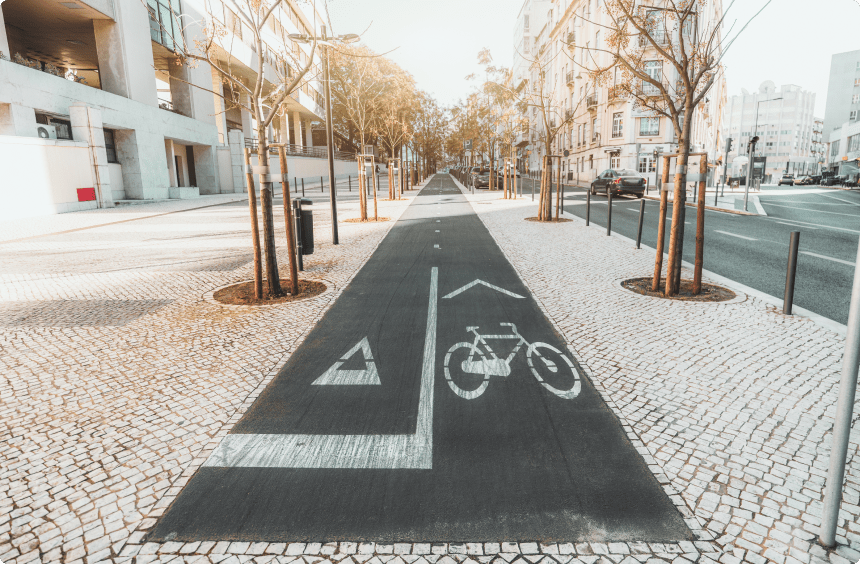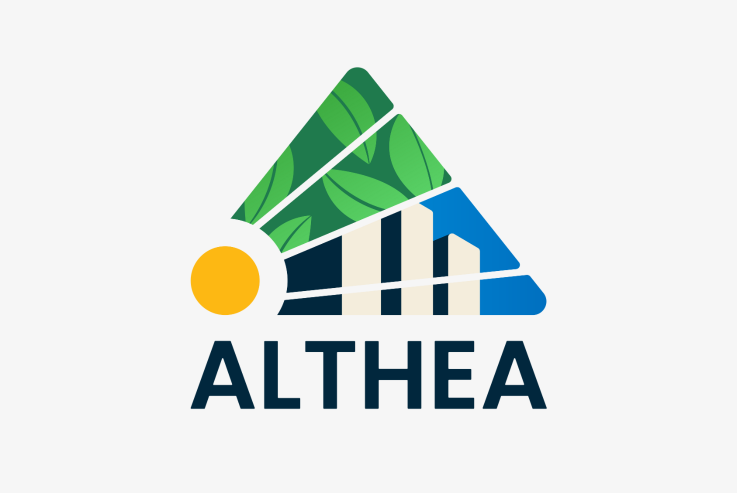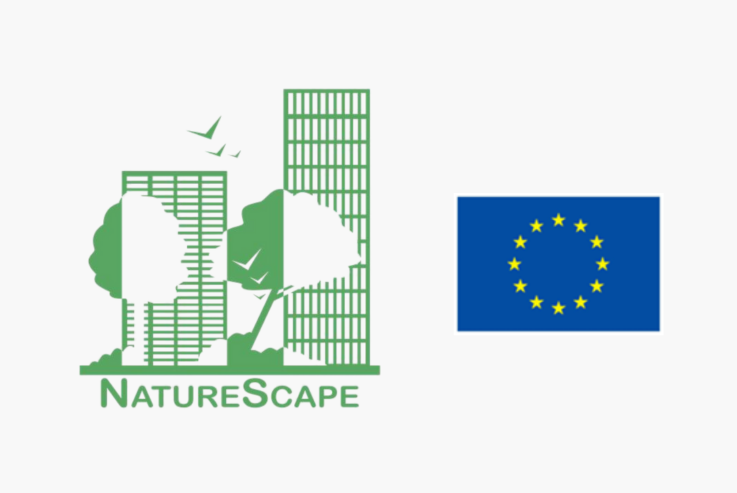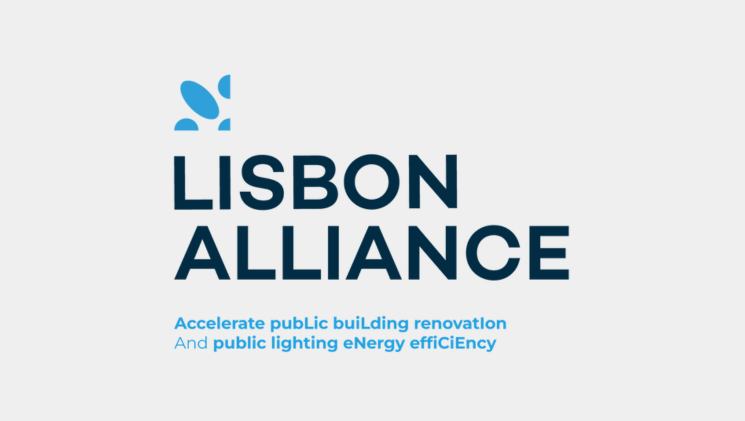
Water
One of the most serious consequences of climate change in Portugal is the alteration of precipitation patterns, with rainfall becoming more concentrated in shorter periods, alternating with long dry spells, and an increase in the frequency and intensity of heatwaves. This reality is exacerbated by the growing demand for water, leading to excessive exploitation and regional imbalances in water resource availability, as well as deteriorating water quality
Lisboa E-Nova is actively engaged in developing management models that ensure an integrated approach to the urban water cycle, focusing strongly on water efficiency and source diversification. This includes the promotion of reclaimed water and non-potable water use whenever possible.

Energy
Currently, urban areas account for over 2/3 of energy consumption and more than 70% of greenhouse gas emissions. With the global population increasingly living in cities, a significant rise in energy demand is expected in these areas, leading to a greater need to meet urban populations’ growing requirements
Lisboa E-Nova focuses its efforts on promoting energy efficiency at all levels, adopting renewable energy sources, eradicating energy poverty, and supporting citizens in implementing more sustainable and accessible solutions.

Climate
The challenges faced by cities demand a coordinated effort in combating climate change. Only through such concerted action is it possible to chart a feasible path towards a carbon-neutral economy and society that simultaneously promote economic prosperity and enhance the quality of life for its citizens.
Lisbon aims to achieve its climate neutrality goal by 2030, requiring a collective effort from the entire local community. Therefore, Lisboa E-Nova provides technical support in gathering data on specific indicators, informing about challenges, identifying measures, and assessing the impact generated by implemented actions and initiatives. This support ensures the efficient and effective implementation of the defined strategies.

Circularity
The primary focus of the circular economy lies in material management, ensuring that resource cycles are “closed,” akin to what occurs in natural ecosystems. This principle leads us to the conclusion that in a perfect circular economy, materials are managed in a way that allows them to be “used indefinitely.”
Lisboa E-Nova’s activities in the circular economy are centered on the design and compilation of a set of actions based on an updated materials matrix. Additionally, the organization works on establishing a platform for stakeholders that enables and enhances the city’s circular economy strategy. This involves creating a system where materials are reused, recycled, and repurposed, contributing to a more sustainable and environmentally friendly approach to resource management.

Mobility
The dynamics of vibrant and attractive cities are built upon an efficient, reliable, and low-carbon mobility system—undeniable aspects in the discourse on urban mobility conditions, crucial for a high quality of life in cities.
The transportation sector, excluding air traffic, accounts for approximately 40% of energy consumption and CO2 emissions in Lisbon.
Lisboa E-Nova engages in close collaboration with stakeholders in the mobility sector, working in proximity to its associates. This involves monitoring planning processes and the implementation of measures aimed at fostering a sustainable and environmentally friendly approach to urban mobility.





